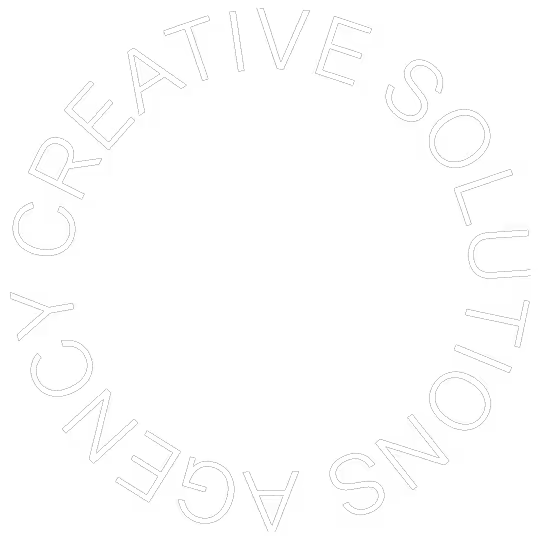Streamlining branding and digital strategy
The Revolution of No-code
No-code is a powerful tool enabling users to create applications without coding knowledge, gaining popularity for being time-efficient, cost-effective, and developer-free. Beyond faster development and lower costs, no-code allows brands to quickly build dynamic digital platforms, including campaigns, social media, websites, landing pages, and mobile apps, streamlining the process of developing effective digital strategies and achieving branding goals.
As a creative branding agency, we are advocates of no code, as we believe it makes it easier to create relevant and personal customer experiences. No code allows you to connect with your target audiences from an experience-first approach; leading with experience, followed by code. Traditionally, this was always done the other way around. Another advantage is its reach and flexibility; with the plug-and-play methodology, we are more flexible in creating what our clients need when they need it. Staying agile and having short lead times create opportunities and give you a competitive advantage over your competitors.
No-Code Tools
Here are some no-code tools available in the current market to help you get started.
Bubble.io
is a visual programming platform that enables users to build web and mobile applications without coding. Bubble.io offers a drag-and-drop interface where users can create their app designs and logic. This platform includes features such as data management, workflows, and integrations with popular third-party services.
webflow
is a platform that allows users to create responsive websites without coding. It offers a visual interface for designing and customizing web pages, as well as a CMS for managing content. Webflow also includes features such as e-commerce integrations, SEO optimization, and hosting services.
Zapier
is an automation tool that connects different apps and services to streamline workflows. It integrates with over 2,000 apps and allows users to create custom workflows without the need for coding. With Zapier, users can automate tasks such as sending emails, updating databases, and creating leads.
Airtable
is a no-code platform that combines spreadsheet and database functionalities. It enables users to create custom databases, organise data, and collaborate with team members. Airtable also includes integrations with popular services such as Slack, Trello, and Dropbox.
Adalo
is a platform that enables users to create mobile apps without coding. It offers a visual interface for designing app screens, as well as features such as user authentication, push notifications, and in-app messaging. Adalo also includes integrations with popular services such as Stripe, Google Drive, and Mailchimp.
The Uprising of No-Code
How Brands Are Harnessing the Power of Drag-and-Drop Interfaces to Rapidly Build Dynamic Digital Platforms. No code promises to revolutionise the way brands build their digital presence. By leveraging drag-and-drop interfaces and plug-and-play features
The Rise of No-Code: A Game-Changer in Digital Branding
In today's fast-paced digital age, no-code technology has become a critical tool for brands to build dynamic platforms that engage customers at every touchpoint. By leveraging its time and cost-saving benefits, no-code enables businesses to create campaigns, socials, websites, landing pages, and mobile apps without needing developers. As a branding agency, we see no-code as a game-changer that helps brands lead with experience and stay agile, giving them a competitive edge over their rivals.
No Code Tools: The Future of Digital Innovation
No-code tools are revolutionising the way we create digital solutions. With a vast array of platforms available in the market, businesses can quickly and cost-effectively create customised digital tools that cater to their specific needs. From Bubble.io's drag-and-drop interface for web and mobile apps to Airtable's spreadsheet-database functionality, these no-code tools are transforming the digital landscape by providing greater accessibility, flexibility, and scalability.
No-Code Innovation: Driving Business Growth
By enabling businesses to build compelling digital tools without coding, no-code platforms are empowering organisations to drive growth in new and exciting ways. With Zapier's automation tool, for instance, businesses can streamline workflows and automate time-consuming tasks like sending emails and updating databases. Similarly, Adalo's intuitive app creation platform allows businesses to create mobile apps that deliver personalised experiences to users, fostering customer loyalty and ultimately driving sales. No-code innovation is the future, and businesses that embrace it will enjoy a competitive advantage for years to come.
Conclusion
The future is undoubtedly no-code. With its many benefits, including faster development times, lower costs and increased flexibility, it is set to become the preferred method of application development for businesses of all sizes. As we approach 2024, the rise of no-code will continue to reshape the industry, making it vital for businesses to adapt to this trend in order to remain competitive in the digital landscape.







